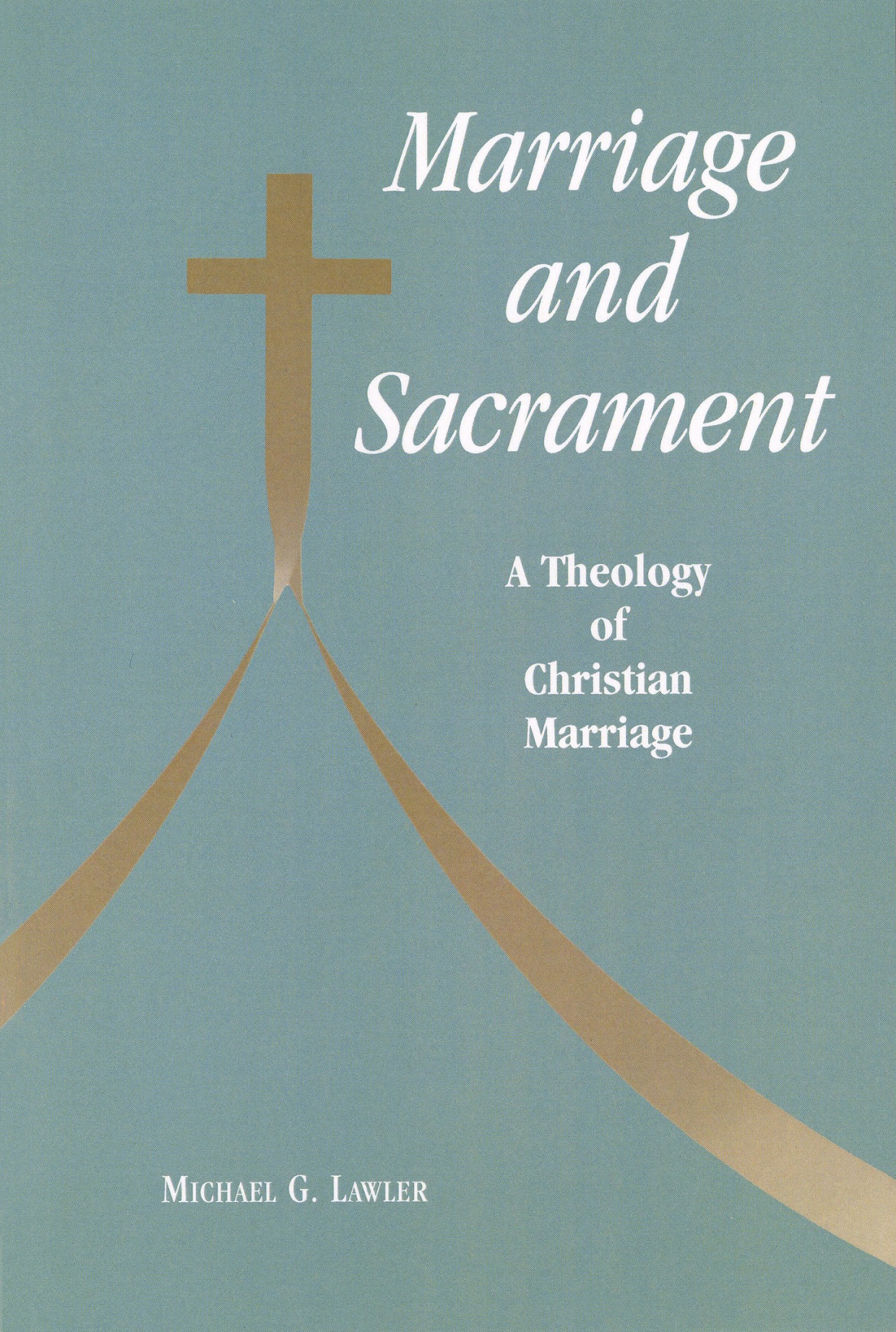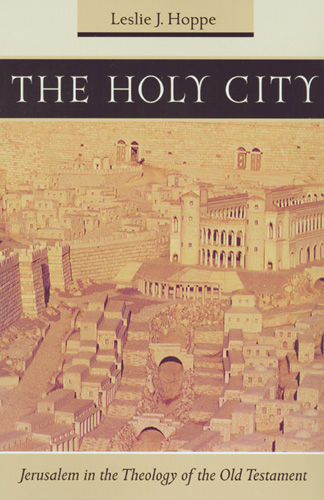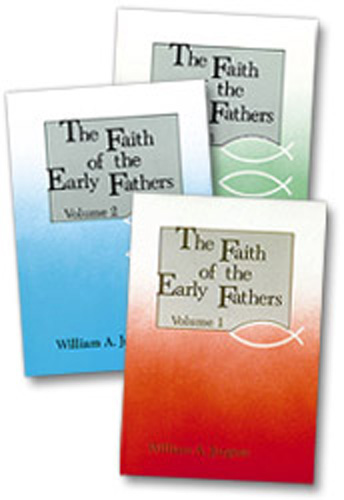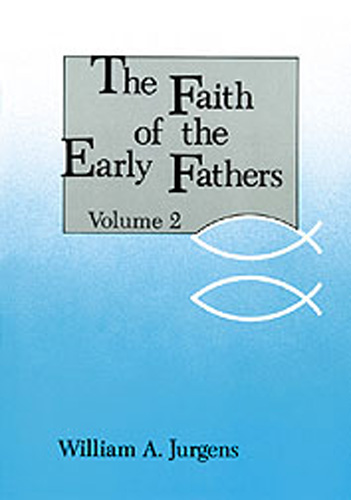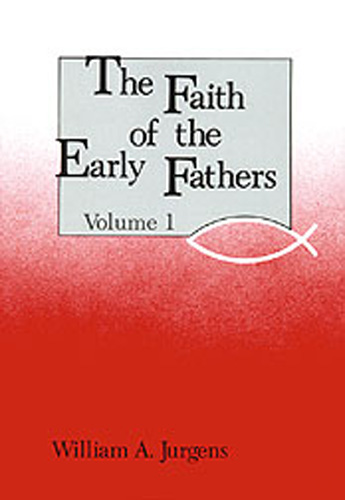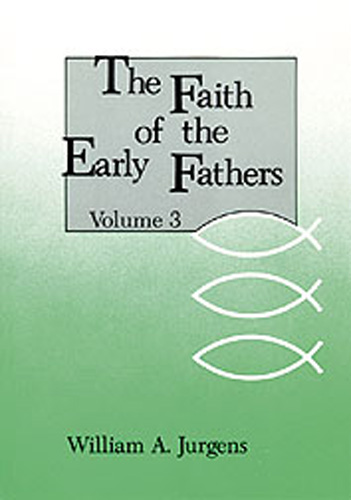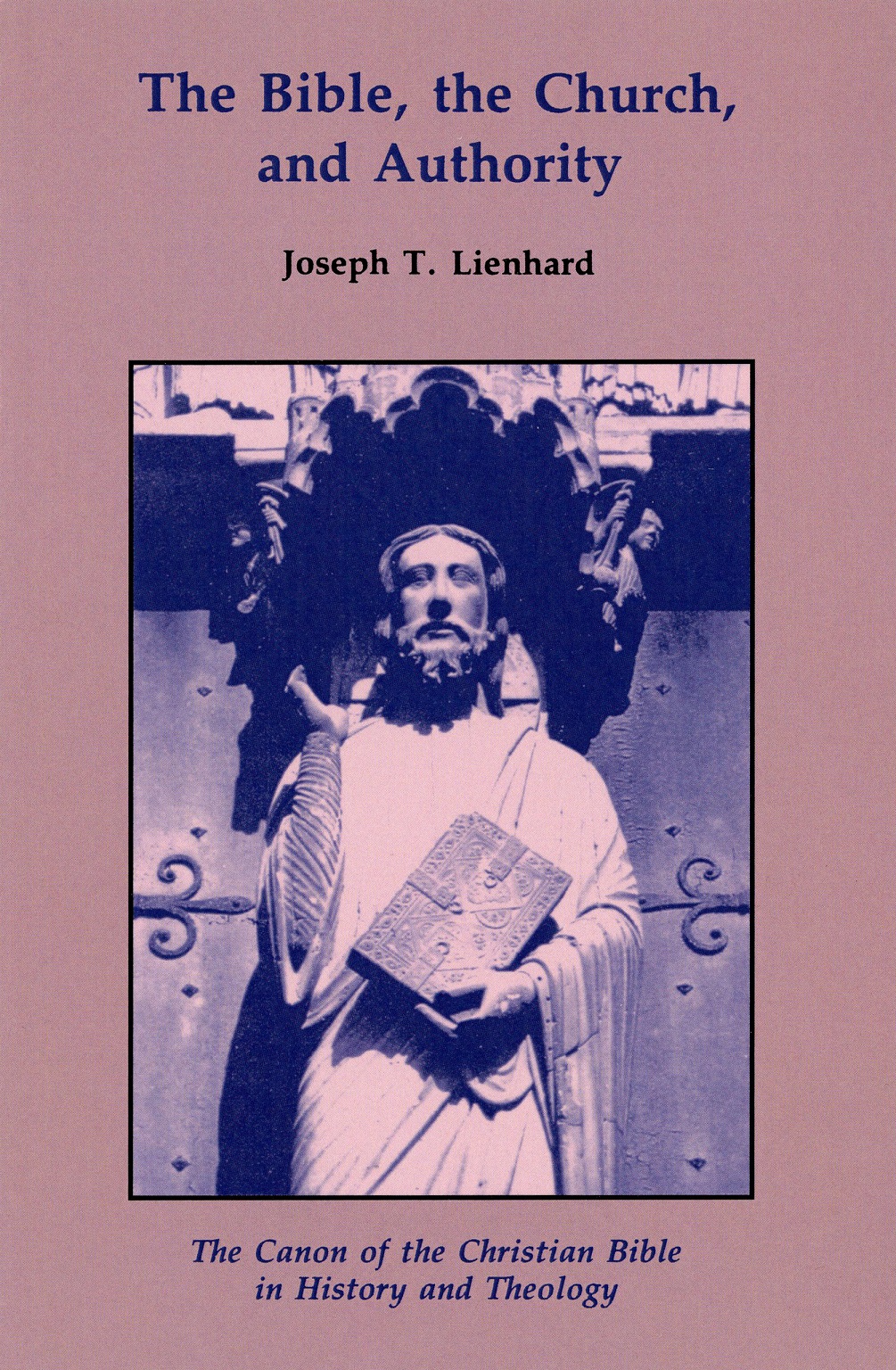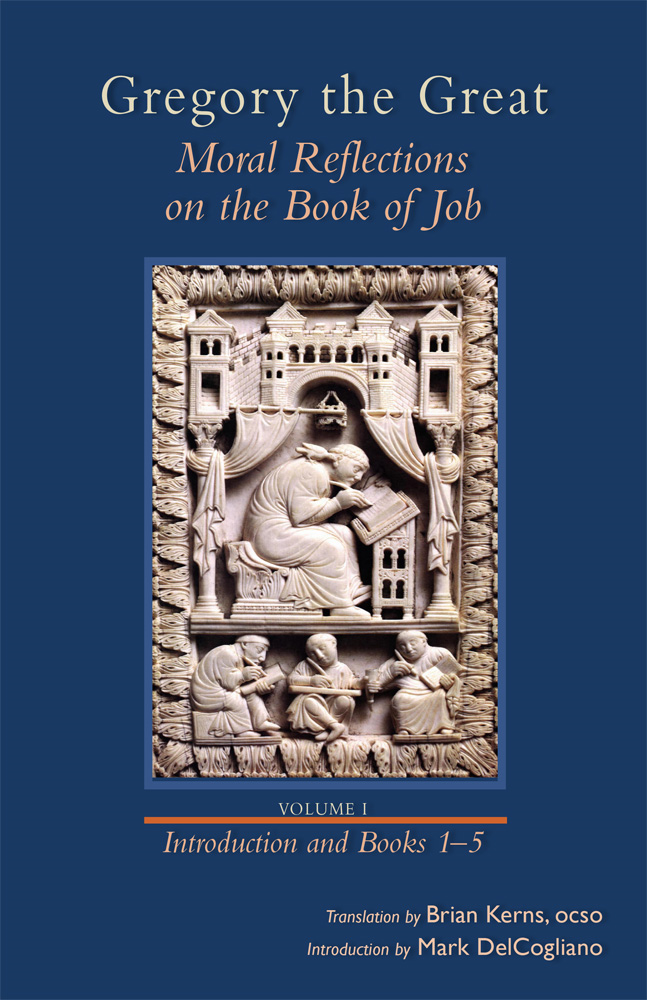Contributors include Timothy Radcliffe and Anthony Kelly.
Health care is delivered in all parts of the world and in many different settings. In many countries health care is government sponsored and paid for. In some countries it also privately run either on a not-for-profit basis or for profit. Some large companies that run health care systems do so as one aspect of a diverse range of activities, or in other instances, as the sole activity that is undertaken. In many parts of the western world churches, Christian and non-Christian, are involved in health care delivery in hospitals, clinics and dispensaries. delivering medical, nursing and, at times, allied health facilities in urban and rural areas, in refugee camps and in areas of war or conflict.
This volume of essays aims to unpack theologically the issues behind what is undertaken in Christian based health care. Much has been written over the years on Christian ethics and health care. What is being addressed here is different. That is to say, the aim is to step back and to look at issues of what can be described as ‘the God questions’: what is the distinctive Christian character of these services, how do they differ to other health care systems, what is the identity which makes them unique at their deepest roots More than that, it is at another level to go even deeper to investigate the relationship between the Church and the world.
For Church based institutions it is goes to ‘God’s self-revelation in Jesus Christ. He it is Who defines the nature of the Church and the world in their relationship and difference, since it is He Who is both the Creator Word and the Incarnate Word who reconciles the world to God; fulfils the divine purpose for creation’, as Reformed theologian, Gordon Watson writes in this volume. Or as Catholic theologian Anthony Kelly when writes when referring to ‘Catholic identity’ in Church run institutions: ‘Any talk of Catholic identity is, first of all, part of a much larger conversation; indeed, it contributes to the long conversation that the Church embodies, as it testifies to God’s own Word becoming flesh in order to enter into the unending conversation we call ‘human history’.

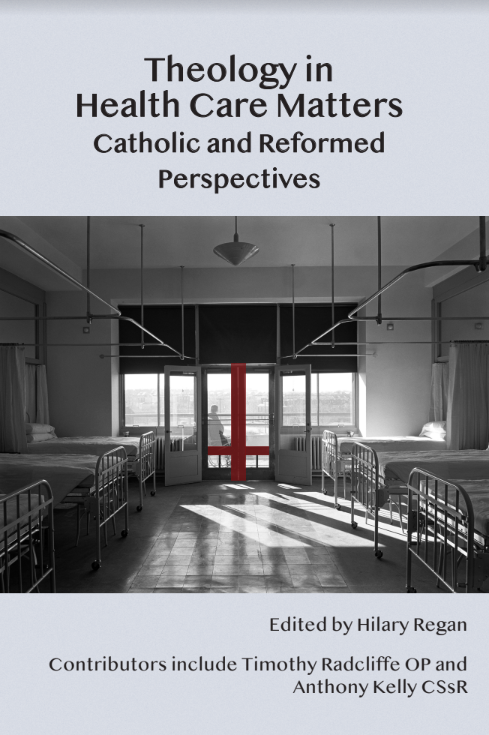
 Back
Back
